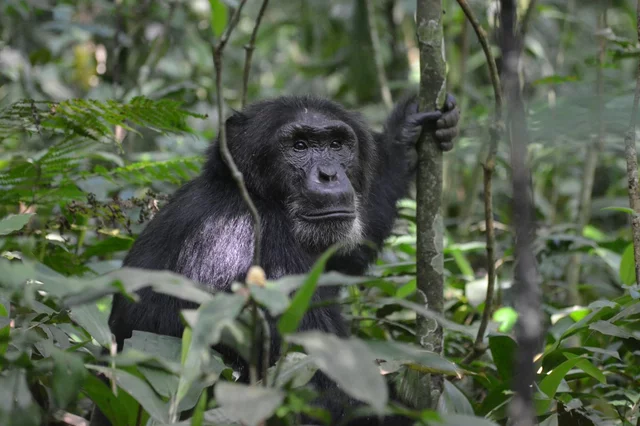Uganda is standing at a crossroads. A new World Bank report warns that without urgent action, climate change could slash the country’s economic growth by up to 3.1% by 2050, pushing over 600,000 Ugandans into poverty and forcing 12 million people to migrate internally in search of survival. This is not a distant problem. It is already unfolding around us.
The Country Climate and Development Report (CCDR), launched recently in Kampala by Prime Minister Robinah Nabbanja alongside the World Bank’s climate leadership, makes one thing clear: Uganda’s current development path is not sustainable.
Rising temperatures, floods, droughts, and heat stress are quietly eating away at our economy, jobs, and food security. The report estimates labor productivity could drop by 2.4% due to heat alone, while annual road damages could reach $26 million money Uganda does not have to waste.
And yet, how often do we see climate change taken seriously in political debates? Most of our leaders still treat it as an afterthought, preferring short-term politics over long-term survival.
The World Bank outlines four urgent solutions:
Jobs and resilience for the poor and youth investing in social protection, digital financial services, and health systems.
Sustainable agriculture expanding irrigation, improving livestock productivity, and promoting clean cooking instead of firewood and charcoal.
Climate-smart infrastructure scaling renewable energy, building resilient transport networks, and supporting green mining.
Greener urbanization planning cities that embrace e-mobility, green buildings, and sustainable transport.
These are not just fancy proposals. They are Uganda’s lifeline. With a young population and an economy still heavily reliant on agriculture, Uganda has no option but to adapt or collapse.
As Valerie Hickey, World Bank’s Global Director for Climate Change, rightly said, this is a “critical moment” for Uganda. Climate-smart growth is not charity it is survival. And it can even be an opportunity. The report highlights how private investment in renewable energy, solar irrigation, and green infrastructure can create thousands of jobs, expand energy access, and make our cities livable.
But here is the harsh truth: Uganda’s leaders must wake up. Climate policies cannot remain on paper, locked up in glossy documents while communities face floods, food shortages, and rising costs of living. Media, civil society, and ordinary Ugandans must demand real action otherwise, we are simply preparing to be a nation of climate refugees in our own land.
Uganda is already ranked as the 14th most climate-vulnerable country in the world. That is not a statistic to be proud of. It is a warning. If our government, businesses, and communities ignore this, then we are gambling away our children’s future.
Ugandans deserve leaders who plan for tomorrow, not just survive today. Climate-smart growth is not optional it is the only way forward.



